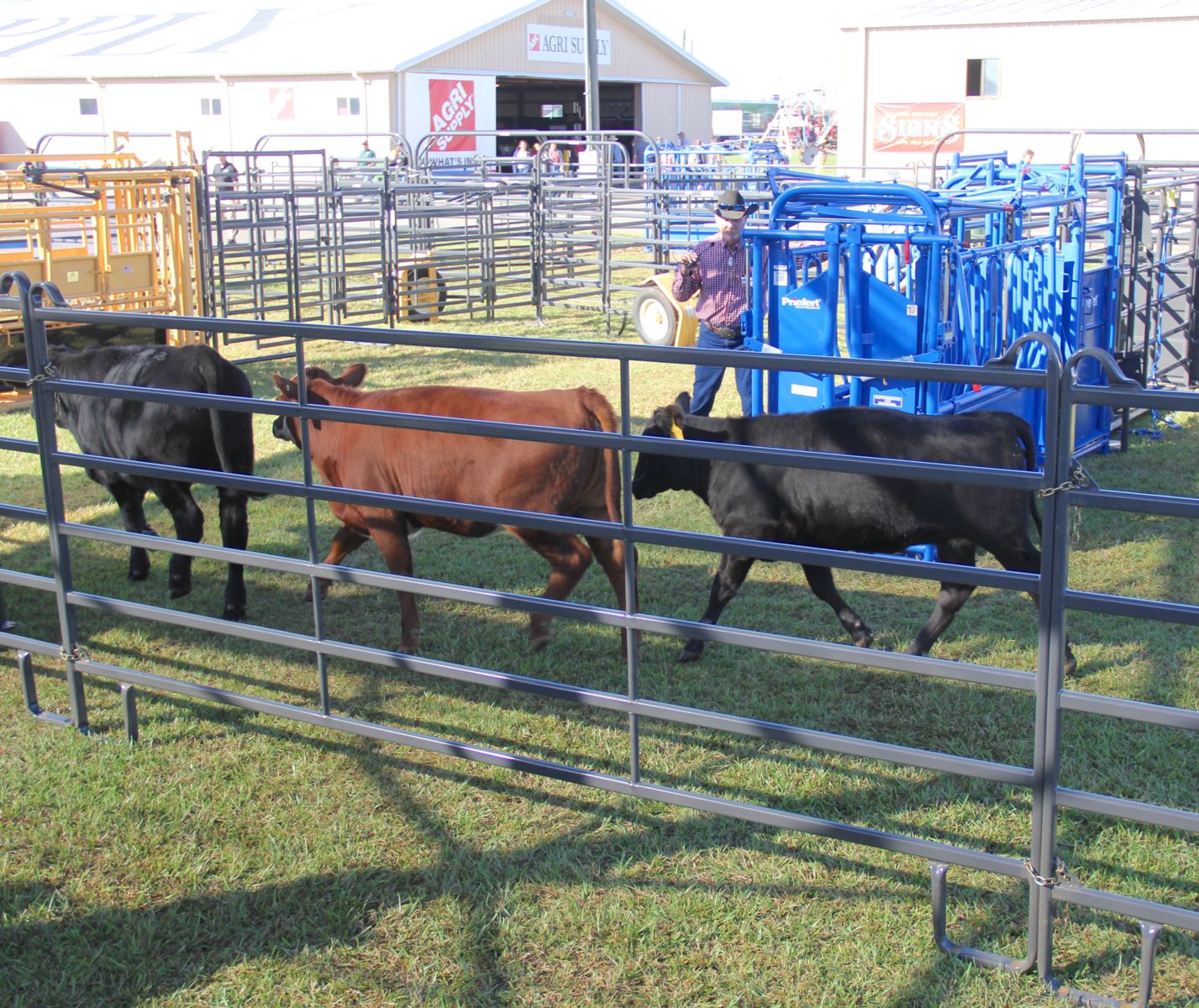Agriculture + Lifestyle
Cattle traits that bring higher prices
Posted on November 14, 2021 7:00 PM
Article & photo By Jennifer Whittaker
Have you ever taken a load of weaned calves to the sale barn expecting a certain price and been disappointed when you got the check and saw what your cattle brought?
While speaking at a beef production seminar held at Sunbelt Expo in October, Randy Hand, a cattle buyer for Midwestern feedlots, shared what he’s looking for when he bids on calves at Georgia livestock barns.
“As I talk about the traits I see in cattle that result in discounted prices, I’m not dissing any breeds. I’m telling you what we [cattle buyers] look for,” Hand said.
Because of the speed at which cattle are moved through the auction ring, Hand said, “We have about three seconds to make up our minds.”
From the moment calves enter the auction ring and begin moving around, the four main traits buyers look for and why, are as follows, Hand says.
1) Quality.
“A No. 1 calf is a big-boned, square bodied calf. He’s going to grow better because he’ll feed better.”
2) Straight backs & legs.
“You have to look for straight backs, good legs and good bones.”
3) Castrated bull calves.
“I’d rather give $10 more for a steer any day of the week than an uncastrated bull. When you’re working your calves - tagging them, giving them their vaccines & wormer - castrate your bulls. They grow better in the feedlot.”
4) Absence of long, fuzzy hair.
“Cows with a lot of hair will not grow well in a feedlot. You don’t want to sell cattle that have long fuzzy hair like a lion’s mane. The cow can have the bone & other quality traits we’re looking for, but we’ll discount for too much hair.”
“Randy told you the truth about these calves he just evaluated,” Dr. Francis Fluharty, head of the UGA College of Animal & Dairy Science told the audience when he spoke after Hand. “You just heard one of the best talks by an order buyer explaining what sale barn prices are based on.”
Hand advises producers to take a critical look at their calves out in the pasture before selling them.
“Look at each calf. If you see a hump or a dip in their back, make a notation in your records. If you see something wrong, you’ll probably see it reflected in the price,” Hand said.
If a calf has good traits for these four categories (see sidebar), hide color isn’t a major price consideration, Hand said.
“Cattle don’t all have to be black to be quality. Pick out the breed you want and call your Extension agent, veterinarian or talk to your Priefert rep to get their advice on raising good cattle.”

Cattle buyer Randy Hand says big-boned, square-bodied cattle with straight backs and legs bring more at the sale barn.